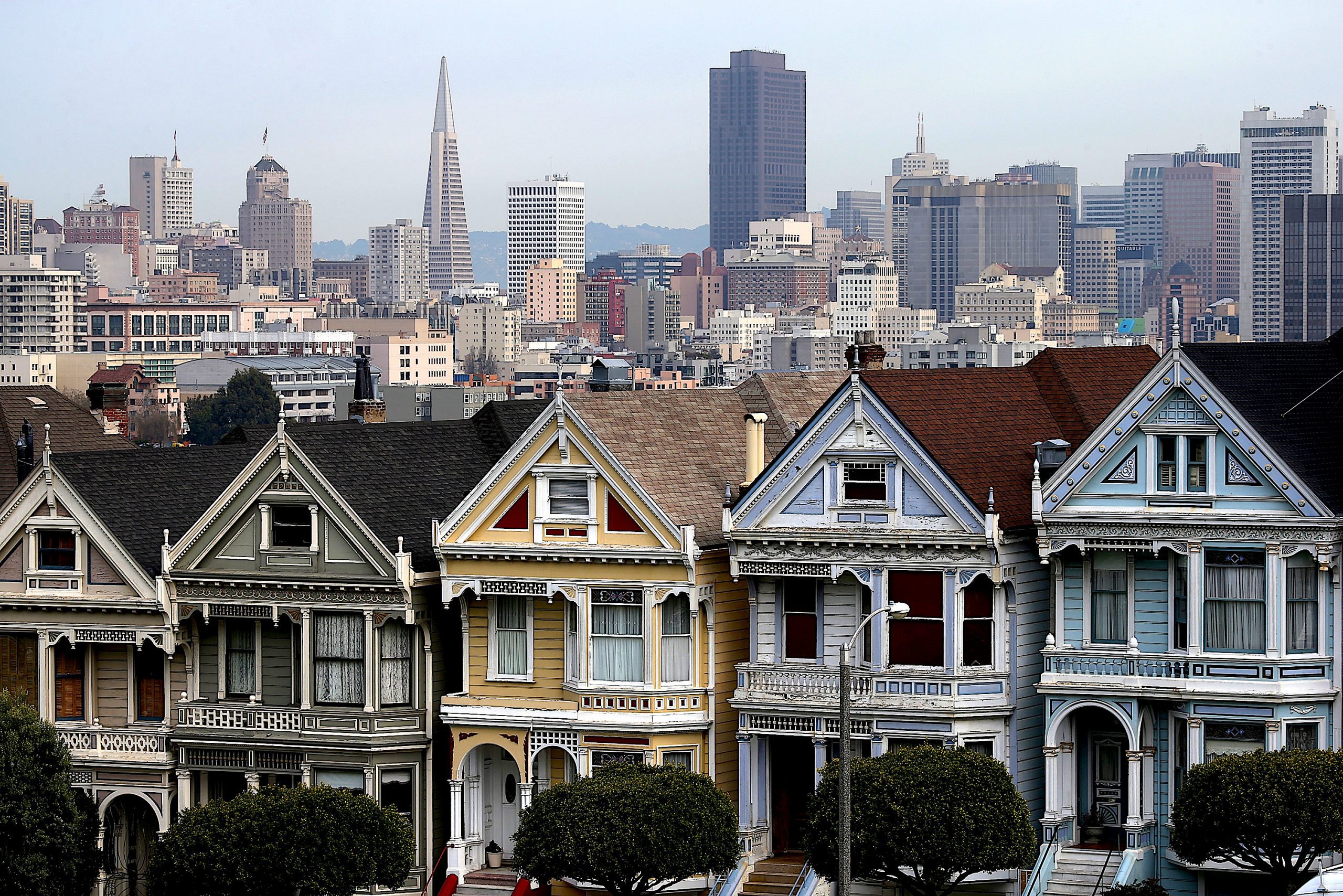The Bootlegger and Baptist Coalition to Restrict Urban Growth

Earlier this month, Jacob Anbinder made a splash with a piece in The Atlantic charting the understudied rise of the anti-growth coalition which now thwarts growth in our most productive cities. As Anbinder recounts, the modern NIMBY coalition—a witch’s brew of incumbent property owners, preservationists, environmentalists, and leftists—is an anachronism, a holdover from an age of urban renewal throwing up urban freeways and “growth machines” leveling neighborhoods. In high-cost cities from Boston to Los Angeles, some version of this NIMBY coalition dictates development policy. But what explains their effectiveness?
One way to approach this question is through a concept that economists call “bootleggers and Baptists.” Originally coined by economist Bruce Yandle, the concept attempts to explain how bad rules emerge and persist. As told by Yandle, political coalitions can often produce strange bedfellows. Support for any given regulation might come from groups that earnestly believe that a particular policy is the right thing to do. But an equally important—and wholly distinct—source of support may be those with a financial stake in the regulation. In the messy world of politics, the coalitions that form behind policies may thus have nothing in common.
The strange name for the concept comes from the politics of blue laws restricting alcohol sales on Sunday, which Yandle deploys to elucidate the concept: on the one hand, their most vocal support came from Baptists, who opposed all alcohol sales, but particularly sales on Sunday. On the other hand, a more subtle variety of support—especially of the financial variety—came from bootleggers, who personally benefit from restrictions on legal alcohol sales. Though these two groups may otherwise have absolutely nothing in common, they nonetheless manage to build a rock-solid coalition around the issue of restricting alcohol sales on Sunday.
As I have written about before here at New Urbs, there are certain obvious “bootleggers and Baptists” applications when it comes to thwarting urban growth. On the “Baptist” side, there are environmentalists and preservationists—potentially well-meaning groups who have a bad habit of reflexively opposing new infill development. By casting new housing as a threat to open space or pretty buildings, they give NIMBY politics a sympathetic gloss. On the “bootlegger” side, you have incumbent property owners who have a vested interest in stopping growth. After all, housing scarcity is to their benefit, to the extent that it increases demand for a scarce asset they possess. The result is a powerful coalition behind perpetuating an artificial scarcity of urban neighborhoods, with the former providing the sentimental gloss and grassroots activism and the latter bringing the political donations and votes.
Housing is doubly tricky though, in that incumbent property owners often play the role of both bootlegger and Baptist. Of course, their bootlegger status is fairly straightforward. But since incumbent property owners are typically homeowners, things quickly get complicated. For starters, homeowners often run the very environmental and preservation groups which provide their financial interests with moral cover, guiding these groups away from their original goals and toward an agenda of suppressing urban growth. It’s a trend first explored by planning scholar Bernard Frieden in the Bay Area in the 1970s.
Worse yet, these homeowners ironically often elicit sympathy through their status as incumbent property owners. As researchers have noted, institutions of public input heavily favor “neighborhood defenders,” or existing residents—generally unrepresentative of the town—who are set on keeping things as they are. The fact that an additional duplex here or a small apartment building there might conceivably moderate out local housing prices isn’t something to be hidden. On the contrary, fears related to reduced property values are often front and center in NIMBY appeals. In the topsy-turvy world of urban housing, the bootlegger’s appeal is the moral argument.
For the past five decades, this bootlegger-dominated alliance has been remarkably effective in locking the American city in amber at its least functional. The good news is that it’s starting to break down. With much of urban America in a state a crisis—whether of excessive demand or insufficient demand—the times are changing. Combining an eclectic bench of communitarian conservatives, enlightened environmentalists, free-market libertarians, and social justice-focused progressives—along with the occasional developer or employer—the politics have never looked better for a pro-urban-growth agenda. But will it be enough to turn the tide?
Nolan Gray is a professional city planner and an affiliated scholar with the Mercatus Center at George Mason University. This New Urbanism series is supported by the Richard H. Driehaus Foundation. Follow New Urbs on Twitter for a feed dedicated to TAC’s coverage of cities, urbanism, and place.
Comments